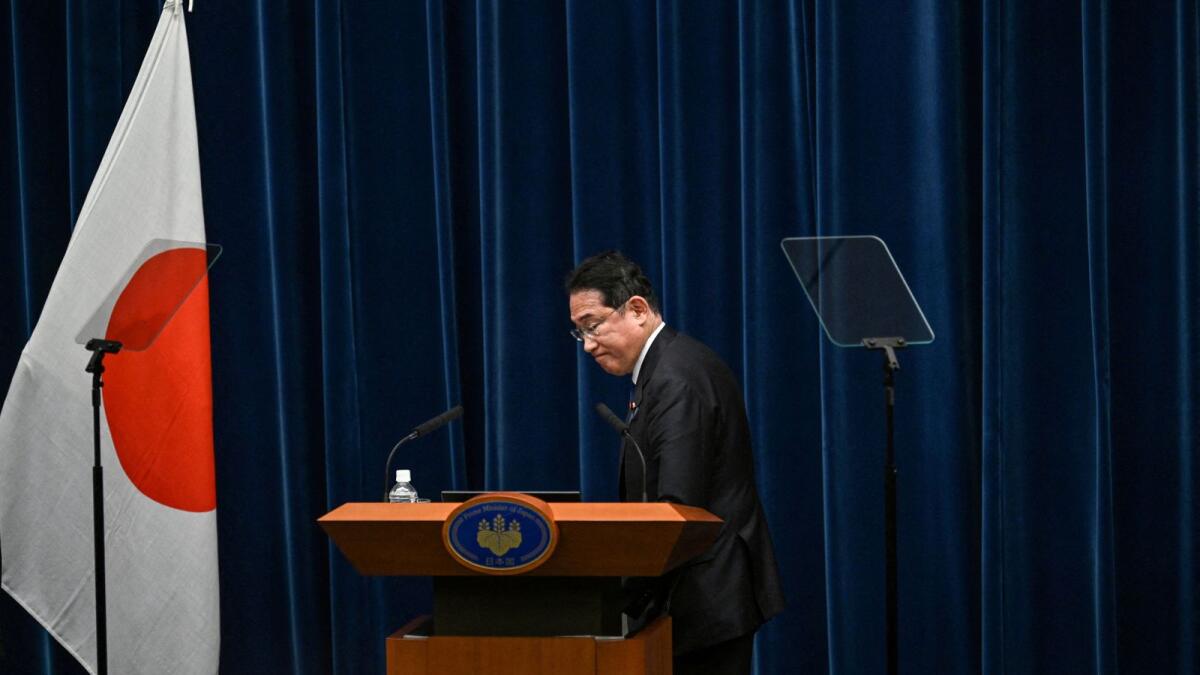Prime Minister Fumio Kishida’s decision to step down has created political uncertainty in Japan. This uncertainty will likely result in a pause rather than a complete halt to the Bank of Japan’s plan to raise interest rates steadily from near-zero levels. The duration of the pause will depend on the outcome of the ruling party leadership race and how market movements influence the political discourse on the pace of rate hikes.
Kishida, who selected Kazuo Ueda as the BoJ governor last year, announced that he will not participate in his ruling Liberal Democratic Party’s leadership race in September. His departure leaves a void in the political landscape, increasing uncertainty surrounding economic policy and complicating the BoJ’s efforts to smoothly transition away from easy monetary conditions in coordination with the government. Leading candidates for the LDP leadership are mostly in favor of gradual increases in interest rates to prevent sharp declines in the yen.
There has historically been tension between politics and the BoJ regarding monetary policy. While the BoJ is legally independent from the government in setting monetary policy, political pressure often influences its decisions. With the weak yen causing rising living costs for households, many politicians are likely to support gradual rate hikes for now. This suggests that the BoJ will continue to raise rates, albeit at a slower pace than initially planned, to combat inflation and stimulate economic growth.
Despite the political uncertainty, data indicating a rebound in the economy in the second quarter due to strong consumption supports further rate hikes. The BoJ is unlikely to deviate from its plan to roll back a decade-long stimulus program, which saw an end to negative rates in March and an increase in short-term rates in July. Governor Ueda has emphasized the necessity of these rate hikes as adjustments to excessive monetary support rather than a tightening of policy. The BoJ remains an outlier in global monetary policy by raising rates while other central banks ease.
The BoJ is expected to take a cautious approach at its upcoming policy meetings in September and October due to the ongoing political events in Japan and the US presidential election, which may cause market volatility. Analysts predict that the BoJ will delay further rate hikes until December to allow time for the political landscape to settle and build rapport with the new prime minister. Governor Ueda’s limited connections in political circles may pose challenges in communicating with the new administration. Additionally, a potential reversal in the yen’s downtrend could lead politicians to question the need for further rate hikes.
In conclusion, Prime Minister Fumio Kishida’s resignation has introduced uncertainty into Japan’s political and economic landscape. While the BoJ is expected to continue with its plan to gradually raise interest rates, the timing and pace of these hikes may be influenced by political developments and market conditions. The BoJ’s commitment to combatting inflation and stimulating economic growth will likely drive its decision-making process in the coming months.











